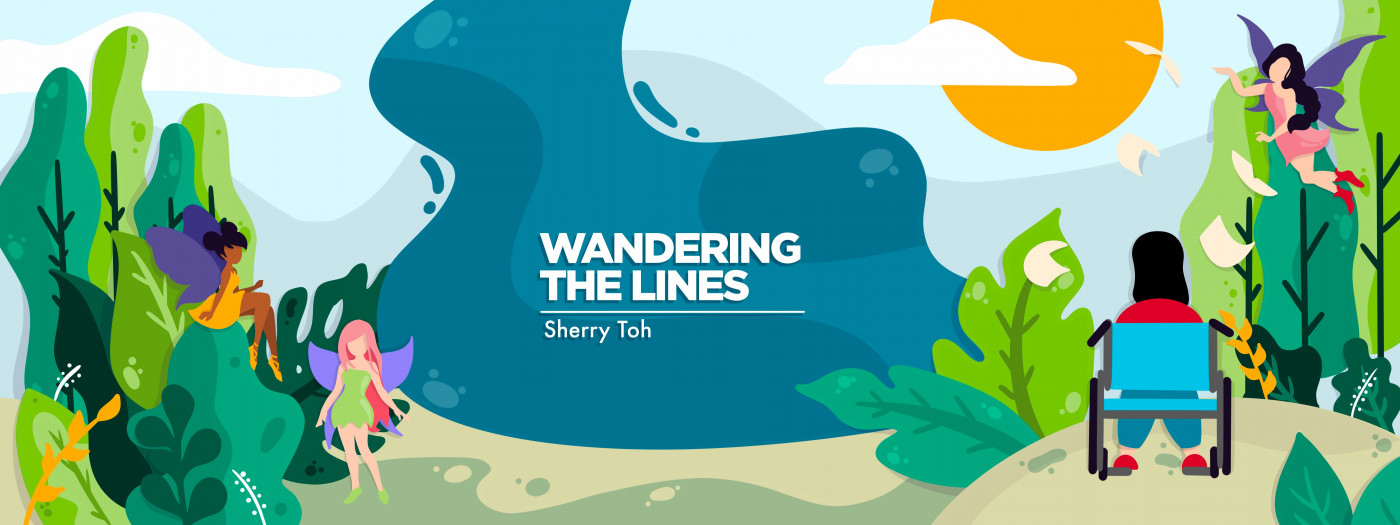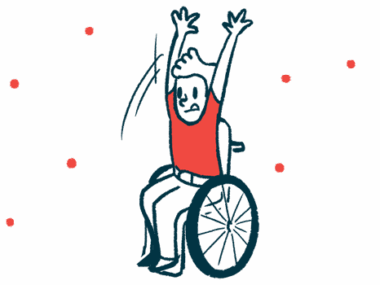A call to show up for those who are queer and disabled
Why anti-LGBTQ+ sentiments pose additional risks for people with disabilities
Written by |

Last year, I had the incredible privilege of interviewing Corinne Busche, the current game director for Dragon Age’s fourth entry, “Dragon Age: Dreadwolf.” Busche is someone in the video games industry I’ve come to greatly admire for her kindness toward fans of the franchise and her enthusiasm about “Dreadwolf.” Reading her social media posts, one gets the sense that she’s a member of the franchise’s fan community herself, and she’s personable, witty, and humorous.
Busche is also a trans woman, which is why I reached out to her for an interview. I was writing a community feature for PCGamesN about “Dragon Age” fans celebrating “Dragon Age Day” by fundraising for the Trans Empowerment Project (TEP), a nonprofit that seeks to support and advocate for trans folks in the U.S. TEP’s mission is particularly directed toward those who are disabled or people of color. That was a big deal to me as someone who’s queer and questioning her gender identity, since anti-trans rhetoric and violence rose exponentially in 2022.
As if the point needed to be proven, a mass shooting occurred at an LGBTQ+ club in Colorado midway through the interview and research process for my article. Five people were killed and at least 17 were wounded.
Anti-trans and anti-LGBTQ+ sentiments have only increased since then. Last April, CNN reported that over 400 anti-LGBTQ+ bills had been introduced in U.S. state legislatures so far this year. That’s more than double the number of bills introduced in the entirety of 2022.
Past the Pride parades
Suffice to say, it’s a terrifying time to be queer. Not just in the U.S., but in other nations, too.
Cultural trends in the U.S. tend to spill onto my home island of Singapore. As the acceptance of queerness increased in the U.S. and began to be represented boldly in the arts and marketing campaigns by prominent brands like Apple and Disney, so too has acceptance increased here.
Yet the backlash against queerness has spilled over as well. To appease citizens on both sides of the issue, earlier this year, the Singaporean government repealed the law criminalizing sex between gay men, but enshrined heterosexual marriage in our constitution. It was one step forward and three steps back. In my opinion, the move guarantees that same-gender couples will remain second-class citizens unless the constitution is amended to be inclusive of them in the future.
As a queer person with SMA, it frightens me to think of the implications this wave of anti-queer sentiments will have on people with disabilities.
Legal benefits that come with marriage like tax refunds and healthcare rights aside, many of us are dependent on our caregivers and community. We are already inherently vulnerable and inclined to develop mental health issues as comorbidities. Many of us are closeted as a result, fearing for our survival.
It was only two years ago that I came out to my family. I’d fallen in love with my wonderful girlfriend, Hannah, who was there for me when I thought no one would want me because of my disability. Since then, I’ve been lucky enough to be supported by people close to me. My brother, seeing that my girlfriend is American, even jokes with me by asking how he can get an American or European girlfriend for himself. (I told him to try going to university, despite meeting my girlfriend online. Anything to encourage him toward academic excellence!)
I don’t have the luxury of that emotional and physical safety outside of my inner circle. When I’m out and making acquaintances, I always have my guard up and have to test the waters, lest I end up associating with someone who might harm a queer individual like myself. Though people can change their minds for the better after getting to know someone who’s queer, that’s not often the case in my experience.
So when writing about being queer for my column in the past and present, I’ve wondered: Will Hannah be branded a predator and I her poor victim, given that most disabled folks are infantilized and misinformation about queer folks being “groomers” is rampant? Will people think my disability is a higher power’s punishment for my queerness? Am I endangering myself and my girlfriend? Is it worth gathering the courage to speak up?
It’s a tough call each time. But my queer brothers and sisters can count on me to always show up for our rainbow-painted community. We’re all fighting for lifesaving healthcare right now, after all, though that care comes in different forms.
As Pride month comes to a close, I hope our loved ones and allies will continue to show up for us the rest of the year and beyond. It’s going to be a long fight for equality and equity to prevail.
Note: SMA News Today is strictly a news and information website about the disease. It does not provide medical advice, diagnosis, or treatment. This content is not intended to be a substitute for professional medical advice, diagnosis, or treatment. Always seek the advice of your physician or other qualified health provider with any questions you may have regarding a medical condition. Never disregard professional medical advice or delay in seeking it because of something you have read on this website. The opinions expressed in this column are not those of SMA News Today or its parent company, Bionews, and are intended to spark discussion about issues pertaining to spinal muscular atrophy.





Leave a comment
Fill in the required fields to post. Your email address will not be published.